Sam Baker - Horses and Stars (2019)
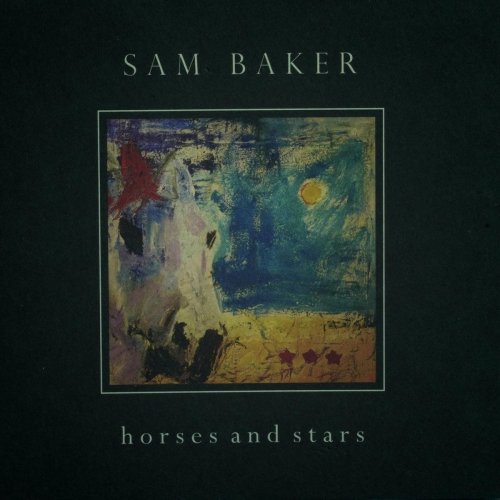
Artist: Sam Baker
Title: Horses and Stars
Year Of Release: 2019
Label: Bluelimestone
Genre: Folk, Acoustic, Singer-Songwriter
Quality: 320 / FLAC (tracks)
Total Time: 43:41
Total Size: 102 / 242 Mb
WebSite: Album Preview
Tracklist: Title: Horses and Stars
Year Of Release: 2019
Label: Bluelimestone
Genre: Folk, Acoustic, Singer-Songwriter
Quality: 320 / FLAC (tracks)
Total Time: 43:41
Total Size: 102 / 242 Mb
WebSite: Album Preview
1. Boxes (Live) (2:52)
2. Thursday (Live) (4:07)
3. Angel Hair (Live) (2:42)
4. Iron (Live) (3:56)
5. Same Kind of Blue (Live) (4:02)
6. Migrants (Live) (2:58)
7. Mennonite (Live) (2:44)
8. Snow (Live) (3:44)
9. Waves (Live) (4:06)
10. Odessa (Live) (5:03)
11. Broken Fingers (Live) (4:28)
12. Pretty World (Live) (2:57)
Recorded in Buffalo, NY, in July 2018, Sam Baker’s first live album has no frills, it’s just him and a guitar, everything as raw as it was, vocal feedback distortions included. Anyone familiar with Baker will already know the backstory of how he was severely injured during a terrorist bombing in Peru and had to struggle to regain the use of his hands to play the guitar again, events that naturally found their way into songs included here.
He has a semi-spoken style of delivery reminiscent of John Prine or, at times, John Trudell and Chip Taylor, and a similarly keen storytelling ability in his songs of characters rising above life’s challenges or of his own smalltown formative years and the people he knew.
It opens with Boxes, which first appeared on 2007’s Pretty World, a song about memories stored away, its initial reverie broken by the line “A grateful nation informs you/Your first lieutenant is not coming back.” That album is also the source of the live show’s final three numbers, first up being Odessa on which he interpolates the refrain from Hard Times Come Again No More, a song about the son of an oil baron who got away from being prosecuted for killing his girlfriend in a car crash but never escaped the mental prison bars. As the title suggests, accompanied by harmonica, Broken Fingers concerns his own ordeals while Pretty World ends things on an upbeat love song of finding “Paradise, Population two.”
His first album, 2004’s Mercy, is represented by two songs, Thursday, a snapshot of an abandoned single mother riding the interstate with a back seat full of babies, and Iron, the blue-collar story of a mean drunk husband and father who literally sees the light in the run-up to Christmas when his truck hits a ditch.
Also set on Christmas Eve, Angel Hair is the first of three from 2009’s Cotton, the third of the Mercy trilogy, where the narrator recalls a fatal traffic accident on black ice a decade earlier. The same album and season yields Snow, another appearance of harmonica on the metaphorical lyric about being lost and emotionally frozen in a drift of your own making that manages to be both melancholic and life-affirming. The best of the three though has to be Mennonite, from which this album title comes and which tells of a religious kid from Mexico who, wearing his new “pearl snap shirt” and looking for excitement heads out to the county line bar and finds love dressed in a “short short skirt” in a barroom and leaves the Lord behind, the guitar sharp and brittle.
Baker’s fourth album, Say Grace from 2013 only has one song, Migrants, the title of which pretty much tells you all you need to know, a close cousin to Deportees in which the deaths of twelve men from dehydration trying to cross the border warranted just “twelve lines/In a midwestern paper/On the pages with the ads for shoes.”
Two numbers from the most recent album, Land of Doubt, account for the rest of the set, the first the somewhat surprising choice of Waves (given other options included emotional hard-hitters Leave and Mary Gauthier co-write Moses In The Reeds), a wistfully melancholic number about a widower remembering his wife of 50 years as he “Writes her name in sand/Waves wash it away.”
The other, however, is the standout Same Kind of Blue, the story of a shy young man named Charlie who enlisted to fight in Vietnam and had difficulty in adjusting on his return home, the song observing how peacetime can be an even bigger war to wage. An album so intimate and sparse you can almost hear the sweat drip and the blood pulsing as he draws you into his stories, it may not introduce him to new audiences but the converted will have much to celebrate.
He has a semi-spoken style of delivery reminiscent of John Prine or, at times, John Trudell and Chip Taylor, and a similarly keen storytelling ability in his songs of characters rising above life’s challenges or of his own smalltown formative years and the people he knew.
It opens with Boxes, which first appeared on 2007’s Pretty World, a song about memories stored away, its initial reverie broken by the line “A grateful nation informs you/Your first lieutenant is not coming back.” That album is also the source of the live show’s final three numbers, first up being Odessa on which he interpolates the refrain from Hard Times Come Again No More, a song about the son of an oil baron who got away from being prosecuted for killing his girlfriend in a car crash but never escaped the mental prison bars. As the title suggests, accompanied by harmonica, Broken Fingers concerns his own ordeals while Pretty World ends things on an upbeat love song of finding “Paradise, Population two.”
His first album, 2004’s Mercy, is represented by two songs, Thursday, a snapshot of an abandoned single mother riding the interstate with a back seat full of babies, and Iron, the blue-collar story of a mean drunk husband and father who literally sees the light in the run-up to Christmas when his truck hits a ditch.
Also set on Christmas Eve, Angel Hair is the first of three from 2009’s Cotton, the third of the Mercy trilogy, where the narrator recalls a fatal traffic accident on black ice a decade earlier. The same album and season yields Snow, another appearance of harmonica on the metaphorical lyric about being lost and emotionally frozen in a drift of your own making that manages to be both melancholic and life-affirming. The best of the three though has to be Mennonite, from which this album title comes and which tells of a religious kid from Mexico who, wearing his new “pearl snap shirt” and looking for excitement heads out to the county line bar and finds love dressed in a “short short skirt” in a barroom and leaves the Lord behind, the guitar sharp and brittle.
Baker’s fourth album, Say Grace from 2013 only has one song, Migrants, the title of which pretty much tells you all you need to know, a close cousin to Deportees in which the deaths of twelve men from dehydration trying to cross the border warranted just “twelve lines/In a midwestern paper/On the pages with the ads for shoes.”
Two numbers from the most recent album, Land of Doubt, account for the rest of the set, the first the somewhat surprising choice of Waves (given other options included emotional hard-hitters Leave and Mary Gauthier co-write Moses In The Reeds), a wistfully melancholic number about a widower remembering his wife of 50 years as he “Writes her name in sand/Waves wash it away.”
The other, however, is the standout Same Kind of Blue, the story of a shy young man named Charlie who enlisted to fight in Vietnam and had difficulty in adjusting on his return home, the song observing how peacetime can be an even bigger war to wage. An album so intimate and sparse you can almost hear the sweat drip and the blood pulsing as he draws you into his stories, it may not introduce him to new audiences but the converted will have much to celebrate.
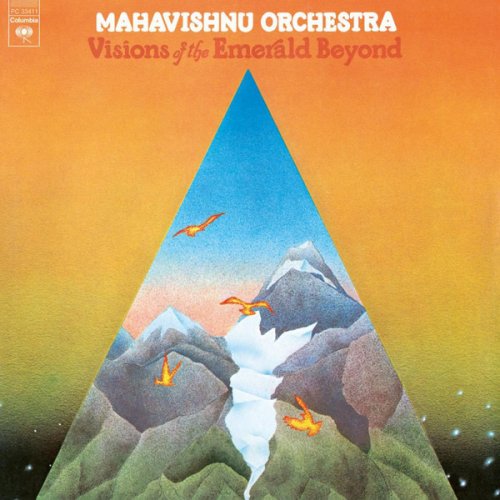

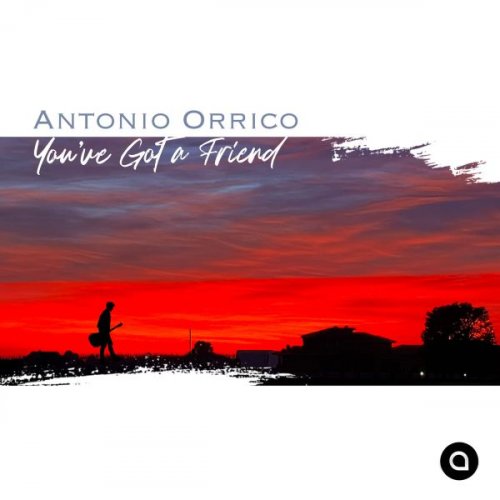

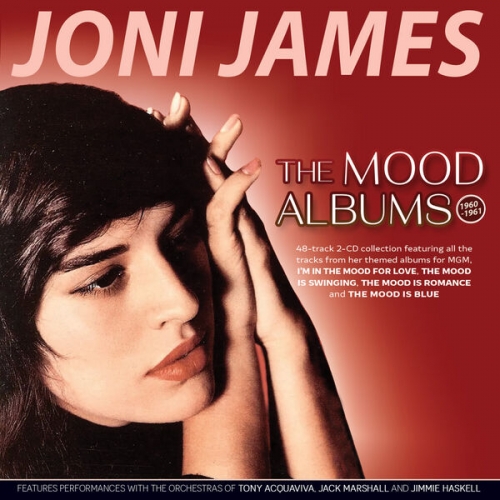

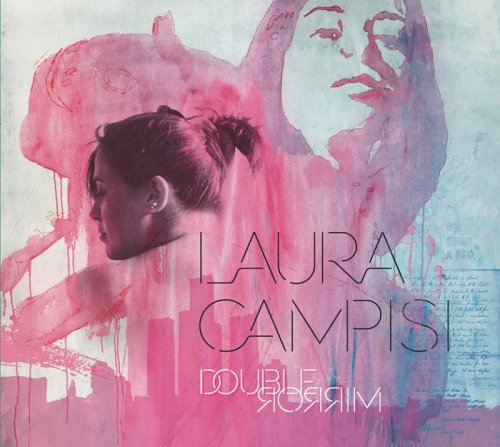
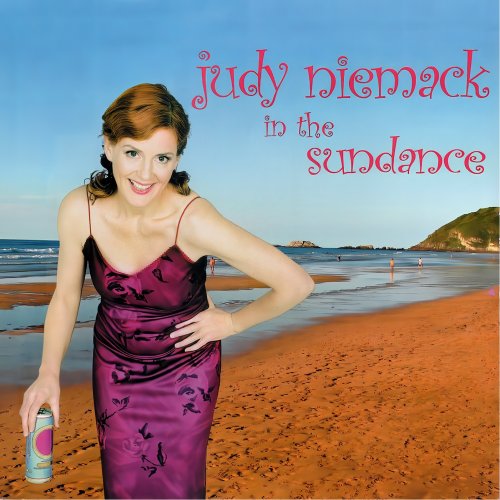
![VA - Bossa n' Collins (2026) [Hi-Res] VA - Bossa n' Collins (2026) [Hi-Res]](https://www.dibpic.com/uploads/posts/2026-01/1767358905_z6fj4mp1lrn4a_600.jpg)